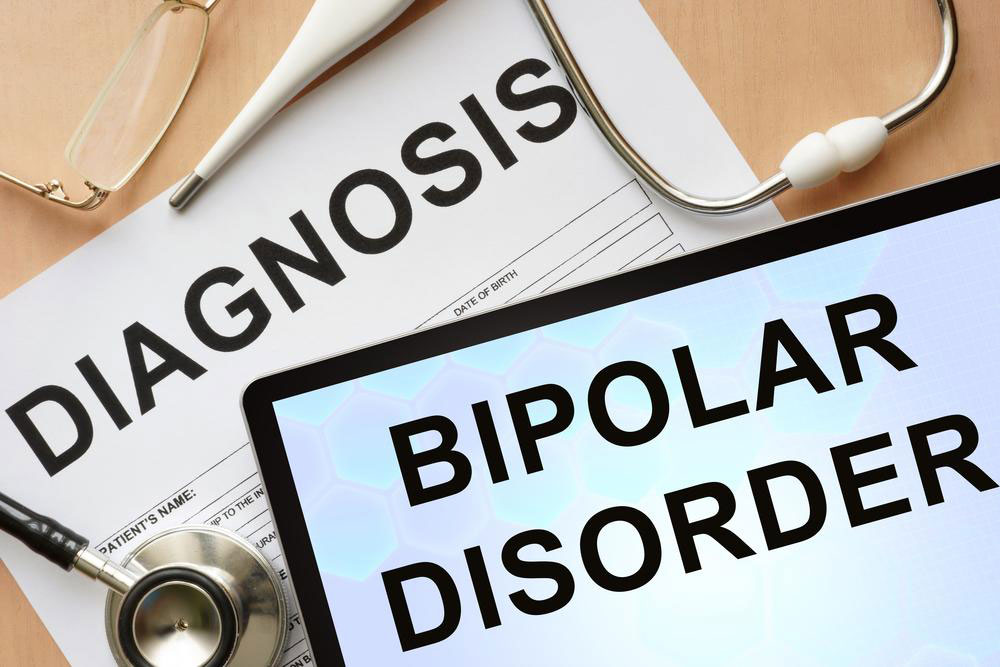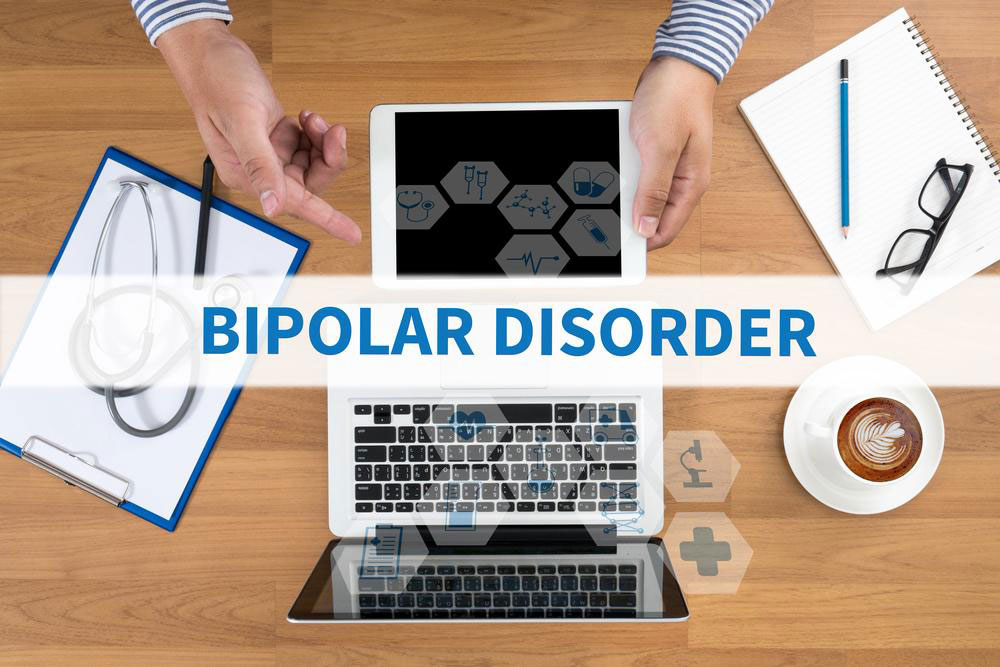Understanding Bipolar Disorder: Symptoms, Diagnosis, and Management
Bipolar disorder is a complex mental health condition with mood swings, sleep changes, and behavioral shifts. Early diagnosis and a combination of medication and therapy can effectively manage symptoms, enhancing daily life. Awareness of symptoms and timely treatment are essential for better outcomes.

Understanding Bipolar Disorder: Symptoms, Diagnosis, and Management
Bipolar disorder is a complicated mental health condition characterized by significant shifts in mood, thoughts, and behavior. Also known as manic-depressive illness, it varies greatly among individuals. Some may experience infrequent episodes, often unaware they have the disorder. Symptoms include mood swings, altered sleep patterns, heightened activity, and fluctuating energy levels. These manifestations impact daily functioning, relationships, and work performance. In severe cases, untreated bipolar disorder can lead to suicidal thoughts. Diagnosis typically occurs around age 25, with early signs visible in childhood or late adulthood. Effective treatment combines medication and psychotherapy, emphasizing early intervention for better prognosis. While not curable, bipolar disorder is highly manageable with proper care, improving quality of life significantly.










